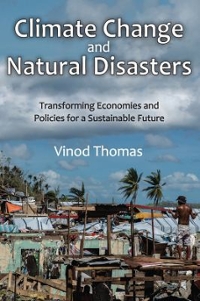Question
Carlos is a skilled toy maker who is able to produce both cars and kites. He has 8 hours a day to produce toys. The
Carlos is a skilled toy maker who is able to produce both cars and kites. He has 8 hours a day to produce toys. The following table shows the daily output resulting from various possible combinations of his time.
| Choice | Hours Producing | Produced | ||
|---|---|---|---|---|
| (Cars) | (Kites) | (Cars) | (Kites) | |
| A | 8 | 0 | 4 | 0 |
| B | 6 | 2 | 3 | 11 |
| C | 4 | 4 | 2 | 16 |
| D | 2 | 6 | 1 | 19 |
| E | 0 | 8 | 0 | 20 |
On the following graph, use the blue points (circle symbol) to plot Carlos's initial production possibilities frontier (PPF).
Initial PPFNew PPF012345678302520151050KITESCARS
Suppose Carlos is currently using combination D, producing one car per day. His opportunity cost of producing a second car per day is per day.
Now, suppose Carlos is currently using combination C, producing two cars per day. His opportunity cost of producing a third car per day is per day.
From the previous analysis, you can determine that as Carlos increases his production of cars, his opportunity cost of producing one more car .
Suppose Carlos buys a new tool that enables him to produce twice as many cars per hour as before, but it doesn't affect his ability to produce kites. Use the green points (triangle symbol) to plot his new PPF on the previous graph.
Because he can now make more cars per hour, Carlos's opportunity cost of producing kites is it was previously.
Step by Step Solution
There are 3 Steps involved in it
Step: 1

Get Instant Access to Expert-Tailored Solutions
See step-by-step solutions with expert insights and AI powered tools for academic success
Step: 2

Step: 3

Ace Your Homework with AI
Get the answers you need in no time with our AI-driven, step-by-step assistance
Get Started


